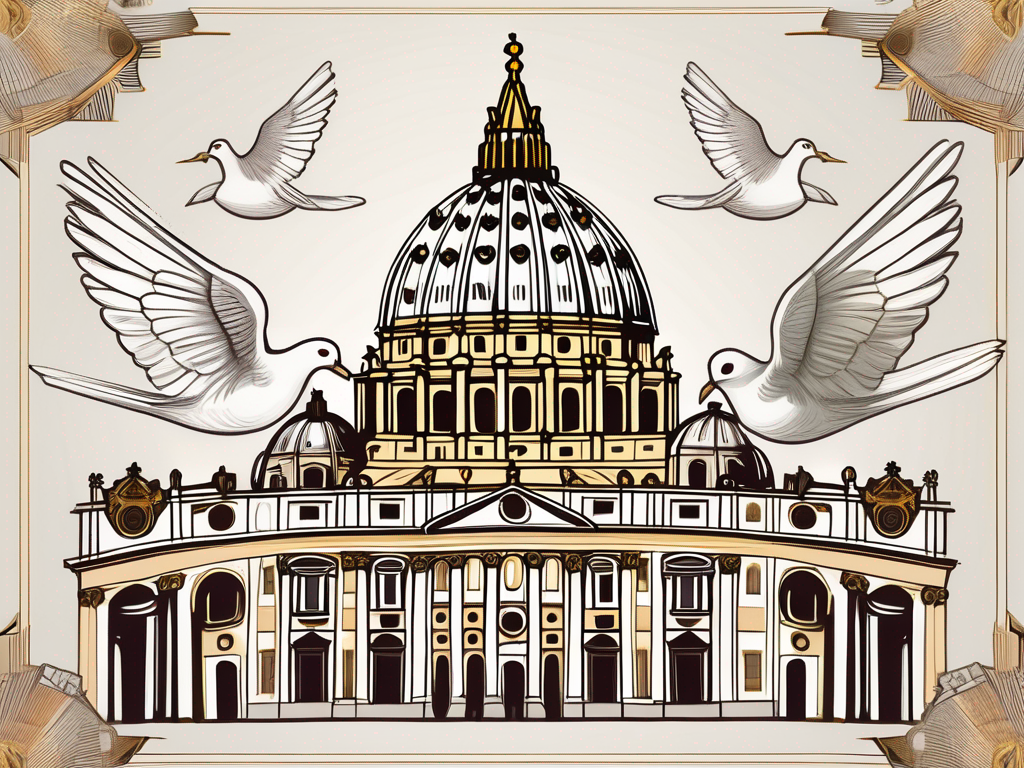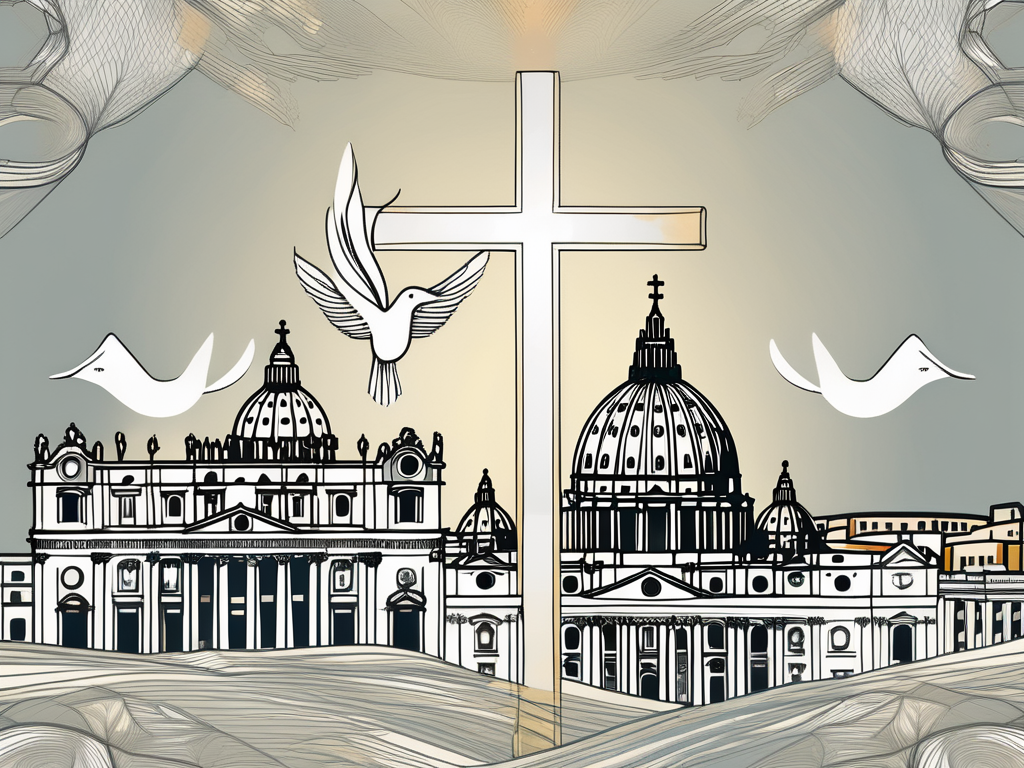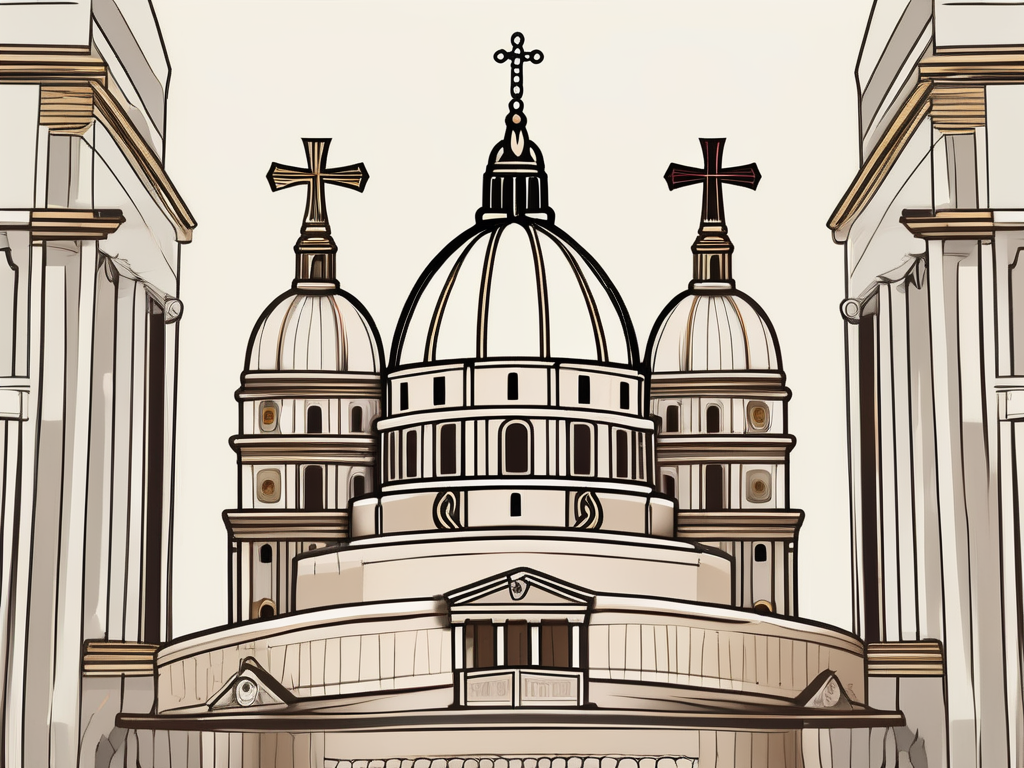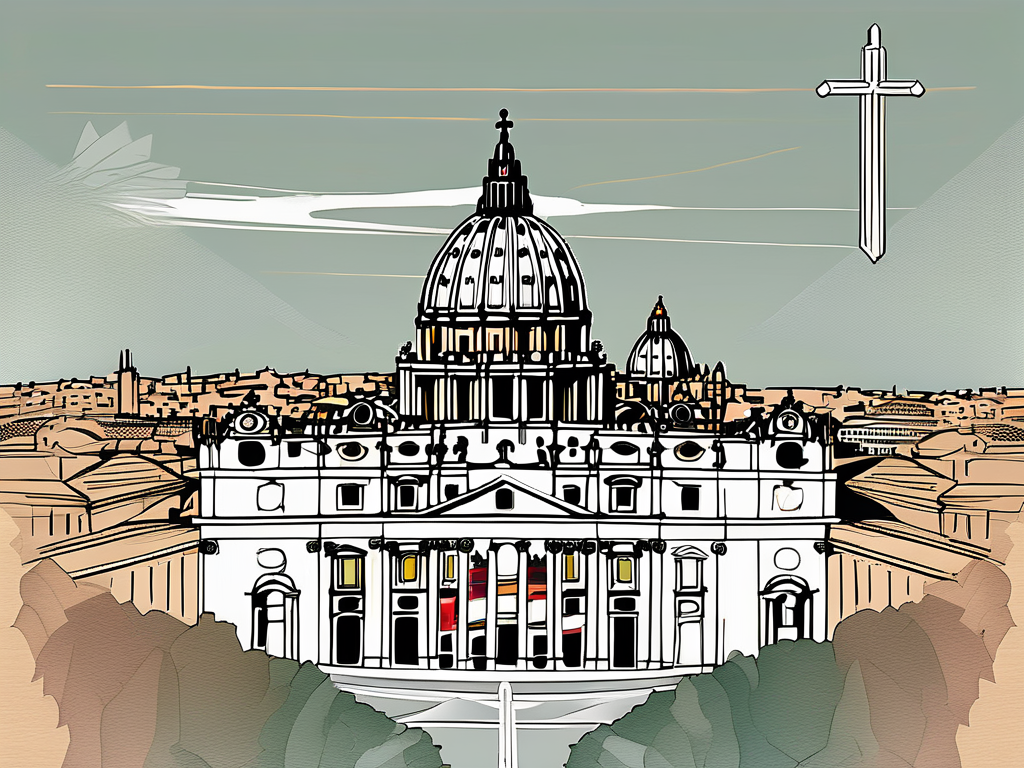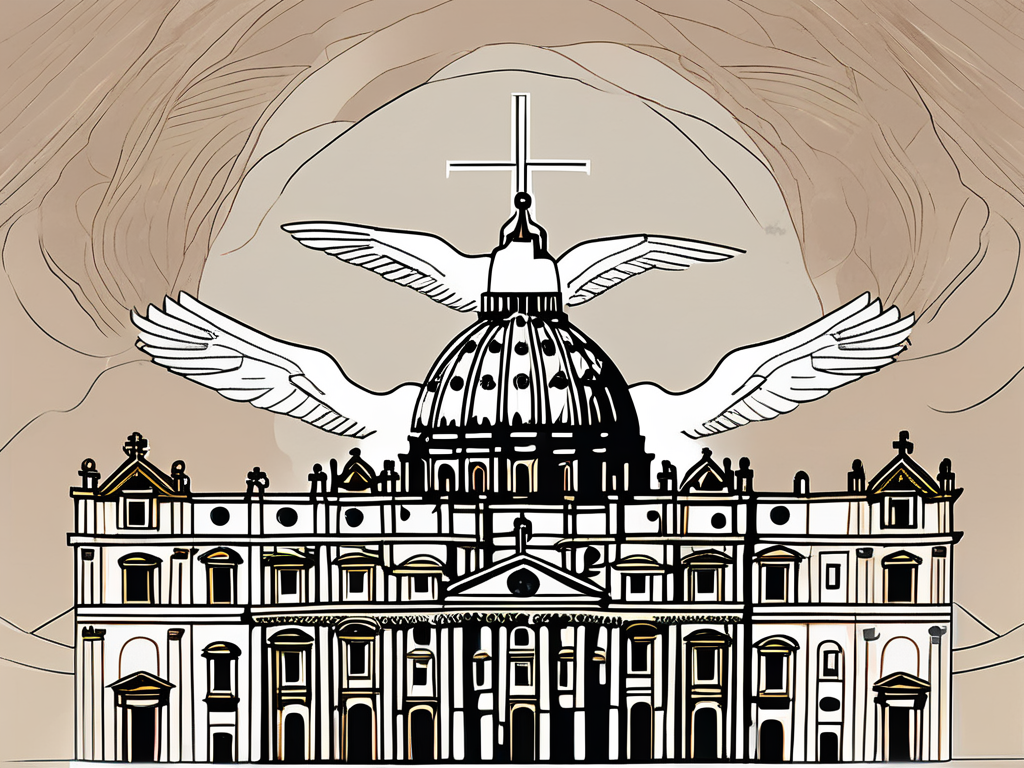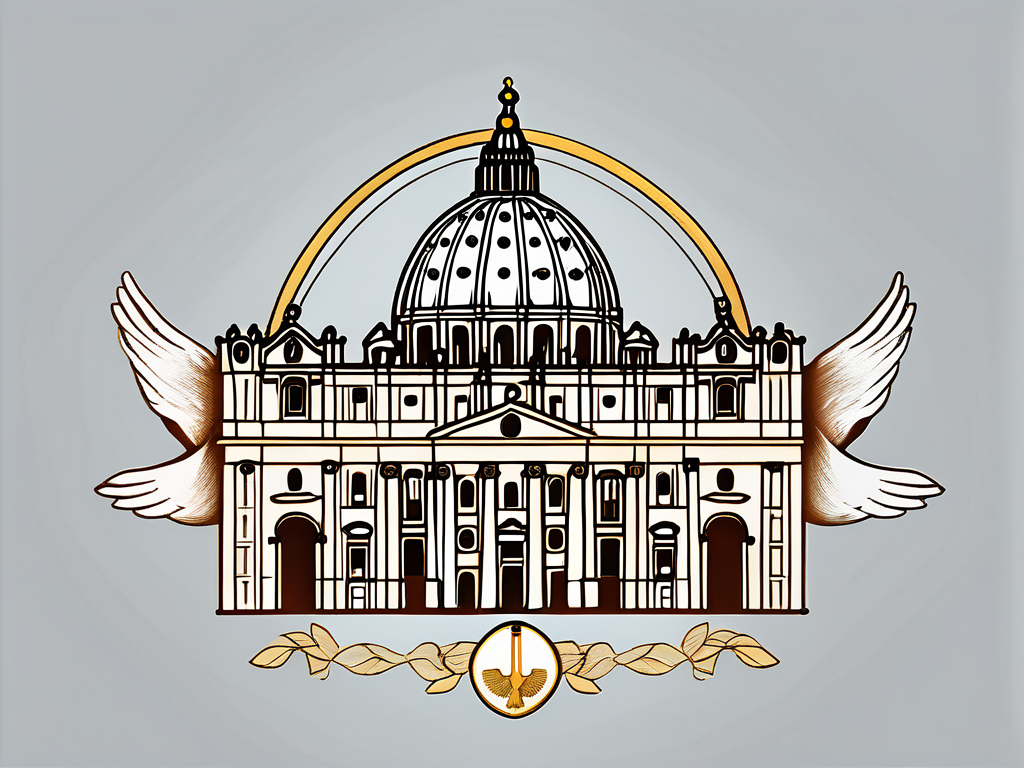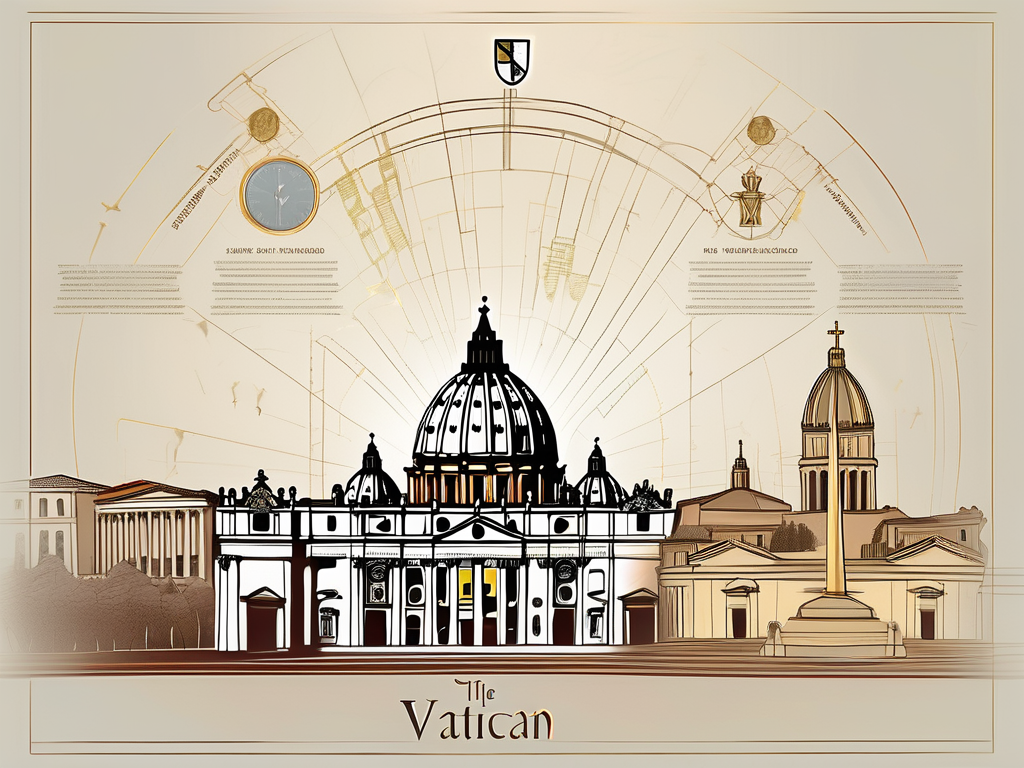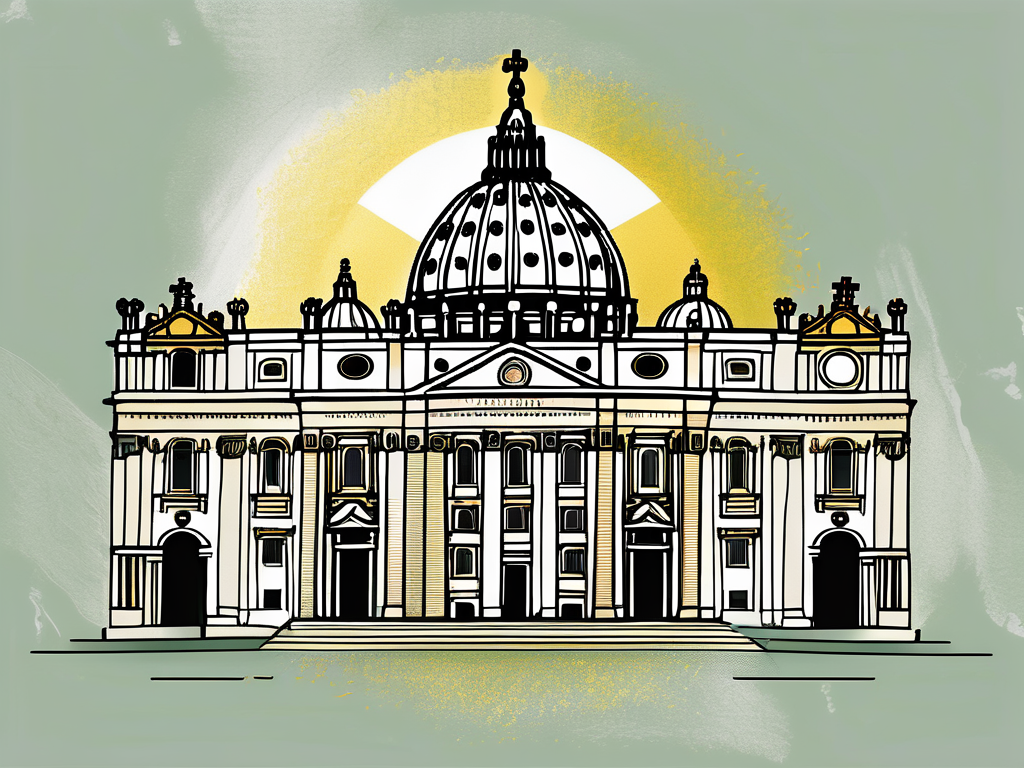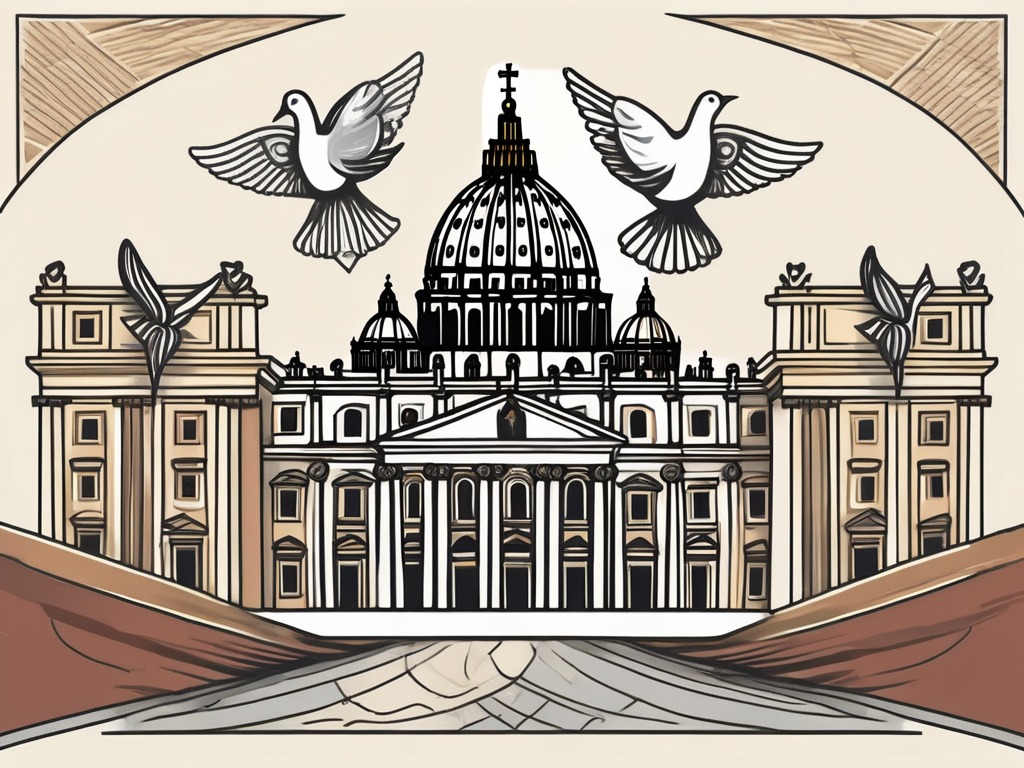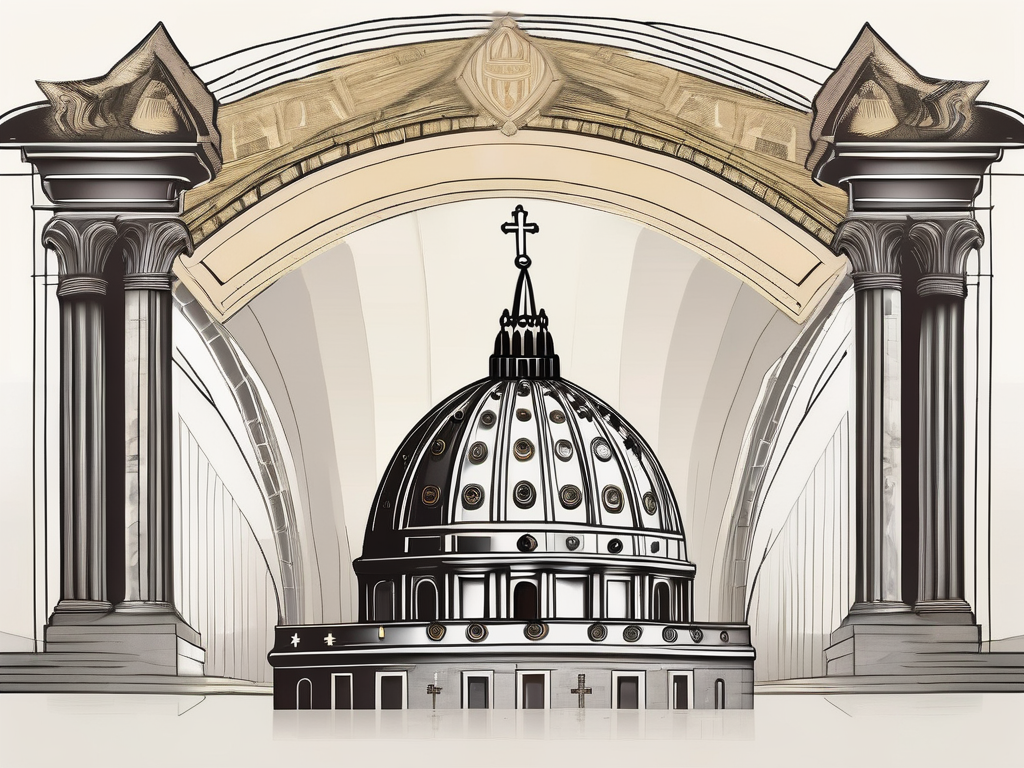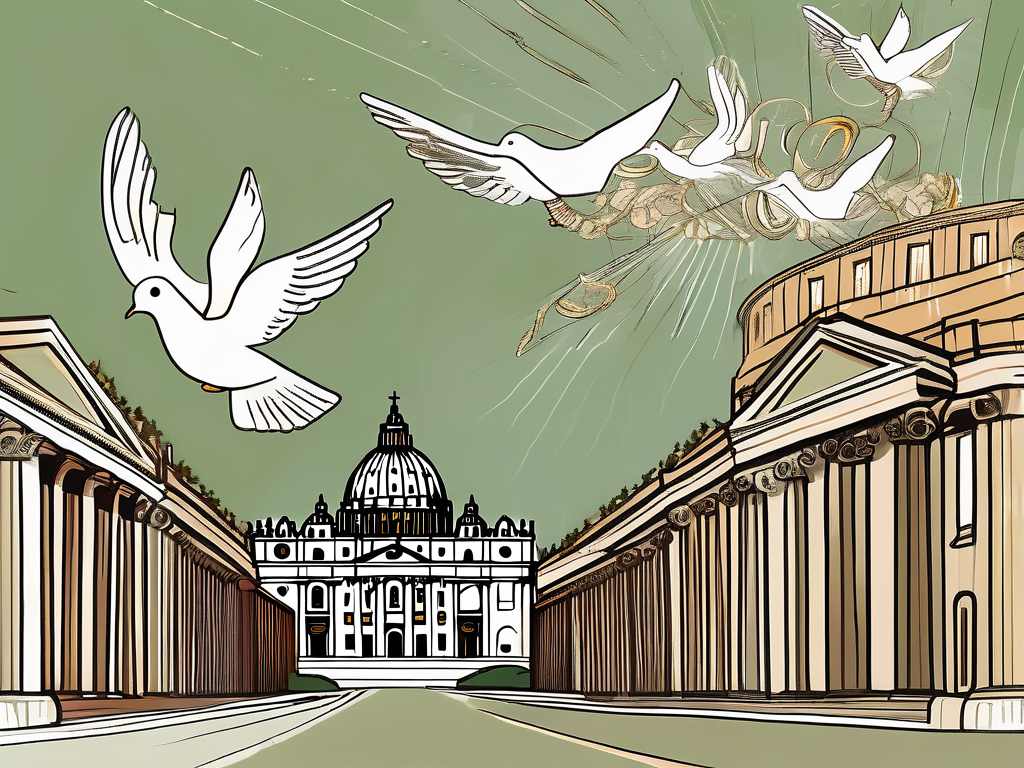Pope Benedict IV, born as (Name), was one of the most influential figures in the history of the Catholic Church. Throughout his life, he made significant contributions and reforms that shaped the Catholic doctrine and improved relations with other religious communities. In this article, we will dive deep into the remarkable life journey and lasting legacy of Pope Benedict IV.
Early Life and Education of Pope Benedict IV
Pope Benedict IV came from humble beginnings, born into a devout Catholic family in a small village. His family’s strong faith and values played a crucial role in shaping his character and guiding his spiritual journey. As a child, he was known for his kindness, compassion, and deep love for God.
Throughout his childhood, Pope Benedict IV developed a fervent passion for learning. He excelled academically and displayed exceptional intellectual abilities from a young age. His thirst for knowledge led him to pursue higher education, eventually specializing in theology.
As a young boy, Pope Benedict IV would often spend hours in the village church, captivated by the beauty of the stained glass windows and the peacefulness of the sanctuary. The local priest recognized his curiosity and encouraged him to explore the depths of his faith through education.
Family Background and Childhood
Pope Benedict IV’s family was deeply involved in their local parish, with his parents actively participating in various church activities. His father served as a lay minister, while his mother dedicated her time to organizing community outreach programs. Growing up, he witnessed their unwavering commitment to their faith and experienced the warmth and love of a close-knit community. These early experiences left a lasting impact on his spiritual development.
Within his family, Pope Benedict IV was surrounded by siblings who shared his love for God and devotion to the Catholic Church. Together, they would attend Mass, pray the Rosary, and engage in discussions about theology. These conversations fueled his intellectual curiosity and nurtured his desire to deepen his understanding of the Catholic faith.
Academic Pursuits and Theological Studies
During his time in seminary, Pope Benedict IV delved deeper into the study of theology, immersing himself in the sacred texts and traditions of the Catholic Church. His dedication and scholarly approach impressed his professors and earned him the respect of his peers.
As he continued to expand his knowledge, Pope Benedict IV became recognized for his intellectual prowess and insightful interpretations of scripture. His teachings and writings showcased a profound understanding of the complexities of faith, earning him recognition as a promising theologian.
One of his most influential mentors was a renowned theologian who challenged Pope Benedict IV to explore the intersections of faith and reason. Together, they engaged in rigorous debates and philosophical discussions, further shaping his theological perspective.
Throughout his theological studies, Pope Benedict IV also developed a deep appreciation for the rich history of the Catholic Church. He immersed himself in the writings of the Church Fathers, studying their profound insights and drawing inspiration from their spiritual wisdom.
As he progressed in his studies, Pope Benedict IV began to explore the theological implications of social justice and the responsibility of the Church to advocate for the marginalized. His research and writings on these topics garnered attention from scholars and clergy alike, establishing him as a thought leader in the field.
Overall, Pope Benedict IV’s early life and education laid a solid foundation for his future role as a spiritual leader. His humble beginnings, strong family support, and intellectual pursuits shaped him into a compassionate and knowledgeable theologian, ready to guide the Catholic Church with wisdom and grace.
Ascension to Papacy
After years of diligent study and spiritual growth, Pope Benedict IV’s reputation as a theologian caught the attention of the College of Cardinals. In (Year), he was elected as the (Ordinal Number)-th Pope of the Catholic Church.
But let’s take a closer look at the journey that led Pope Benedict IV to this momentous occasion.
Born into a devout Catholic family, Benedict IV’s faith was nurtured from a young age. His parents, deeply committed to their religious beliefs, instilled in him a love for God and a desire to serve the Church. As he grew older, Benedict IV’s passion for theology blossomed, and he dedicated himself to the study of scripture and the teachings of the Catholic Church.
His commitment to his faith did not go unnoticed. The College of Cardinals, a body of esteemed clergy responsible for electing the Pope, recognized Benedict IV’s exceptional knowledge and unwavering devotion. They saw in him the potential to lead the Church with wisdom and grace.
The Election Process
The election process involved intense deliberations among the Cardinals, each entrusted with the weighty responsibility of choosing the next leader of the Catholic Church. Pope Benedict IV’s deep spirituality, extensive theological knowledge, and unwavering commitment to the teachings of Christ made him a compelling candidate.
During the election, the Cardinals engaged in prayerful discernment, seeking guidance from the Holy Spirit to make the right choice. They carefully considered the qualities and virtues that a Pope should possess, knowing that the leader they selected would have a profound impact on the Church and its followers.
After days of prayer, discussion, and reflection, the Cardinals cast their votes. The atmosphere in the Sistine Chapel was filled with anticipation as the ballots were counted. And then, the announcement came: “Habemus Papam!” We have a Pope! The chosen one was none other than Benedict IV, a man of deep faith and profound wisdom.
Challenges and Triumphs
As Pope, Benedict IV faced numerous challenges that tested his leadership skills and resolve. One of the primary challenges he encountered was (Challenge). Despite the obstacles, he tackled each problem head-on, employing a proactive approach and seeking wisdom from trusted advisors.
Throughout his papacy, Pope Benedict IV remained steadfast in his commitment to upholding the teachings of the Catholic Church. He tirelessly worked to strengthen the faith of believers, promoting unity and love among all Christians. His humility and compassion endeared him to the faithful, who saw in him a shepherd who genuinely cared for his flock.
Under Pope Benedict IV’s guidance, the Catholic Church experienced several triumphs. His unwavering commitment to preserving traditional Catholic values while embracing essential reforms garnered him recognition and respect among believers and religious leaders worldwide.
During his pontificate, Pope Benedict IV embarked on numerous pastoral visits, spreading the message of love, hope, and reconciliation. His sermons touched the hearts of millions, inspiring them to live lives of faith and virtue. He also played a vital role in fostering interfaith dialogue, promoting understanding and cooperation among different religious communities.
As his papacy continued, Pope Benedict IV’s influence extended beyond the boundaries of the Catholic Church. His writings and teachings on theology, morality, and spirituality became renowned, shaping the intellectual discourse of the time.
But the story of Pope Benedict IV’s papacy is far from over. His legacy continues to inspire future generations of Catholics, reminding them of the transformative power of faith and the importance of servant leadership.
Major Contributions and Reforms
Pope Benedict IV revolutionized the Catholic Church during his papacy, implementing reforms that continue to shape the faith today. His major contributions can be broadly classified into two areas: religious reforms and diplomatic efforts.
Religious Reforms and Doctrines
Throughout his papacy, Pope Benedict IV spearheaded efforts to strengthen the Catholic doctrine by reaffirming traditional teachings and addressing contemporary challenges. He emphasized the importance of moral values, social justice, and ecumenical dialogue, inspiring believers to lead virtuous lives.
Furthermore, Pope Benedict IV played a key role in denouncing heretical practices and promoting theological education among clergy and the faithful. His unwavering commitment to orthodoxy reinvigorated the faith of Catholics worldwide and laid the foundation for future religious leaders.
Diplomatic Efforts and Relations
Pope Benedict IV strongly believed in fostering good relations with other religious communities. He actively engaged in interfaith dialogue, promoting understanding and cooperation among different faith traditions. His diplomatic efforts enhanced the reputation of the Catholic Church as a bridge-building institution and contributed to global peace and harmony.
Controversies and Criticisms
Despite his many achievements, Pope Benedict IV faced controversies and criticisms during his reign. Some within the Church questioned his approach to (Topic), expressing concerns about the potential impact on (Consequences).
Disputes within the Church
Disagreements and disputes occasionally arose within the Church during Pope Benedict IV’s papacy. These internal challenges tested his leadership abilities and required diplomatic resolutions. Throughout these difficult periods, he remained steadfast in his commitment to unity and sought to find common ground among conflicting factions.
Public Perception and Response
Public perception of Pope Benedict IV varied, as is common for religious leaders. While many admired his unwavering adherence to traditional Catholic values, others voiced concerns about his stance on certain social and political issues. These debates sparked intense public discourse and contributed to a more nuanced understanding of the Catholic Church’s role in contemporary society.
The Final Years and Death of Pope Benedict IV
In the final years of his papacy, Pope Benedict IV faced declining health. Despite his physical challenges, he continued to lead with unwavering determination and remained committed to his pastoral duties.
Health Issues and Retirement
Pope Benedict IV’s declining health necessitated a difficult decision. In (Year), he made the unprecedented choice to retire from the papacy, citing his deteriorating strength and the need for a leader who could guide the Church effectively.
Following his retirement, Pope Benedict IV focused on his health and dedicated his remaining years to prayer, reflection, and writing. He offered guidance to his successor and remained an influential spiritual figure within the Catholic Church.
Legacy and Impact on the Church
Pope Benedict IV’s legacy remains significant within the Catholic Church and beyond. His unwavering commitment to traditional values and his remarkable efforts to build bridges with other faith traditions continue to inspire future generations of Catholics.
His theological writings and teachings continue to be studied and revered, offering valuable insights into the deep nuances of the Catholic faith. Pope Benedict IV’s enduring impact on the Church’s teachings and global interfaith dialogue ensure that his legacy remains an integral part of the ongoing story of the Catholic Church.
